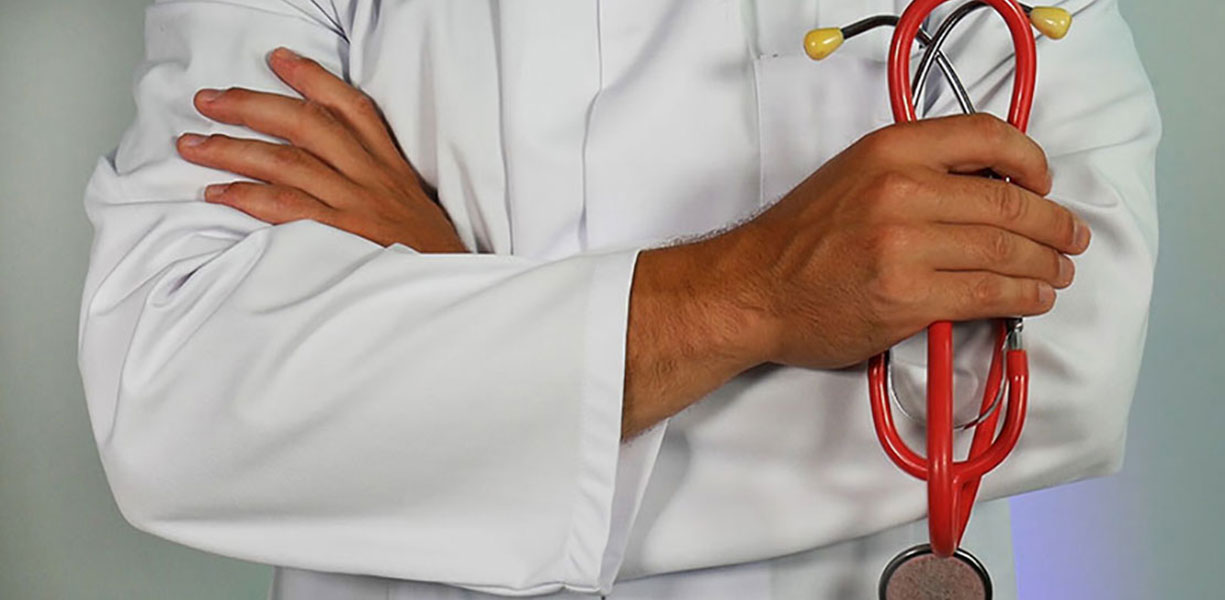MEDICAL LAW
MEDICAL LAW
Medical Malpractice
A medical malpractice, as a central concept of medical law, is a doctor’s action contrary to the rules of the medical profession or non-compliance with the rules that make up the medical standard. The specificity of the profession, which is based on the protection of human health and life, affects the fact that medical malpractice has a bigger impact than errors that can occur in other professions.
Our Health Care Law uses the term professional error. Professional error means negligent performance of health activities in the form of neglect of professional duties in providing health care, negligence or omission, or non-compliance with established rules of the profession and professional skills in providing health care, which leads to injury, damage, deterioration of health or loss of body parts of the patient.
Responsibility for professional error is determined in disciplinary proceedings before the competent body of the chamber, in the procedure of regular and extraordinary quality control of professional work, or in other procedures determined by law.
A doctor can be responsible in four ways:
1. misdemeanor;
2. disciplinary;
3. criminal;
4. civil liability.
All four proceedings can be conducted simultaneously because the stated responsibilities are not mutually exclusive.
Compensation for damages
Patients usually decide to file a lawsuit for damages. Jurisprudence takes a stand that civil liability for compensation of material and/or non-material damage due to medical malpractice exists if certain conditions are met, namely:
– existence of a medical malpractice;
– existence of damage;
– the causal link between the medical malpractice made and the damage caused;
– responsibility of the doctor for the error made.
The burden of proving the medical malpractice is on the patient, ie on the one who claims that the stated damage occurred due to the medical malpractice.
The Law on Patients’ Rights stipulates that a patient who, while receiving the health care, suffers damage to his body due to a professional error of a health care worker, ie a health care associate, or whose health condition deteriorates due to a professional error, is entitled to compensation under the general rules on liability for damage. The right to compensation cannot be excluded or limited in advance.
Compensation for damages is also possible in a situation when the patient is informed or provided with the wrong results, ie the results of another patient, due to which he potentially suffered a certain fear, and also had possible material costs (eg for additional analyzes), which he would not have had if the above error had not occurred.
The doctor may also be responsible when he does not obtain the patient’s consent to the medical intervention or does not inform the patient about the essence, meaning and goal of the planned medical measure. Unlike the situation when there is an error in treatment, in the absence of consent and information, the burden of proof is on the doctor, ie the doctor is obliged to prove that he gave the patient the necessary information and obtained the necessary consent.
Liability for damage and the obligation to its compensation is also determined in the event of a breach of professional secrecy, which may result in violations of the patient’s personal rights and reputation.
The health care institution may be responsible for the improper work of doctors and other health care workers. Patients often opt for a lawsuit against a health care institution because they believe that the collection procedure will be simpler because it is a legal entity.
Judicial proceedings or amicable settlement of dispute
Disputes in the field of medical law are becoming more common in practice. Due to their complexity, these disputes require experience and good knowledge of the subject matter of medical law, and attorneys have a significant role to play during the proceedings when it is necessary to properly present the facts to the court. It should be borne in mind that judges are not particularly specialized in this area of law and often rely entirely on the opinion of a court expert. Therefore, it is important that the attorney has the appropriate knowledge in order to be able to adequately express himself and possibly object to the findings and opinion of the expert.

